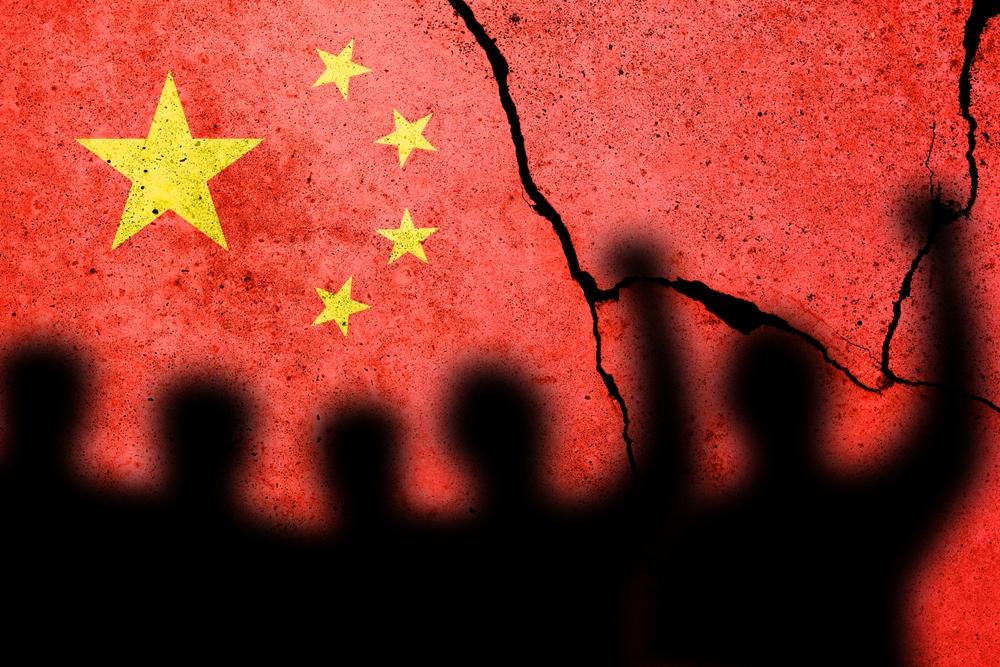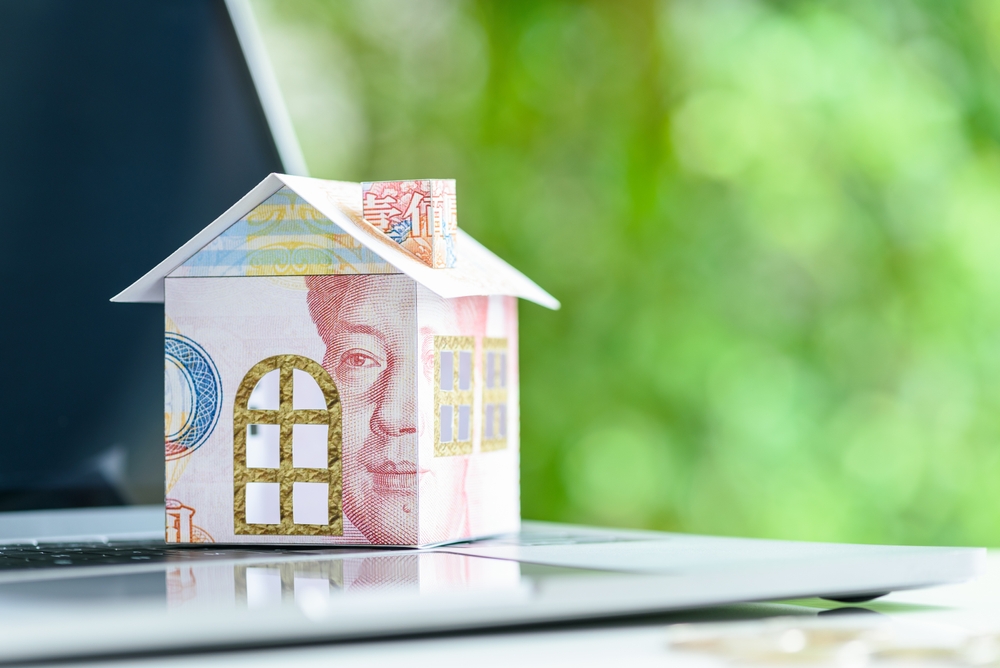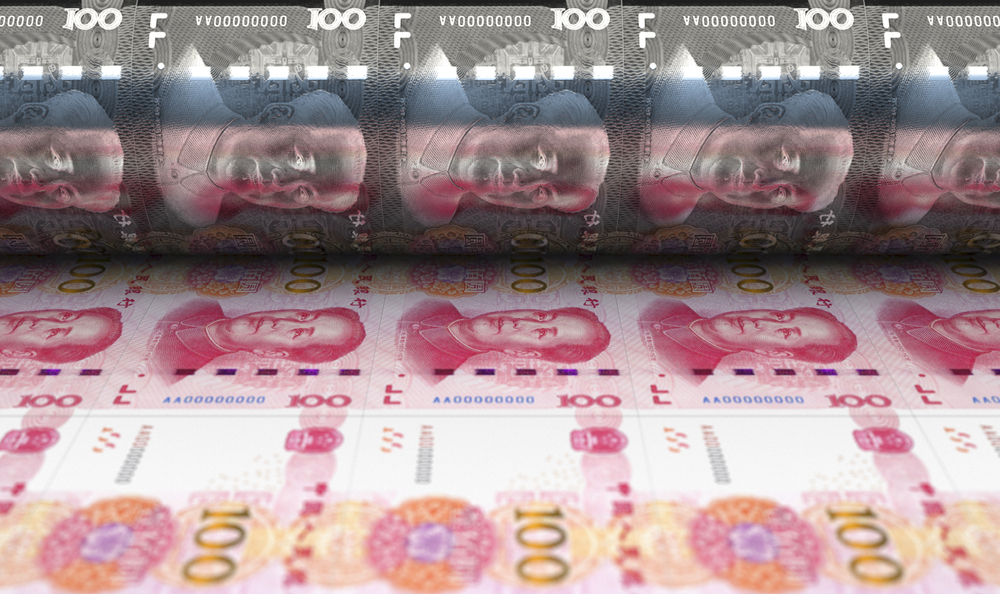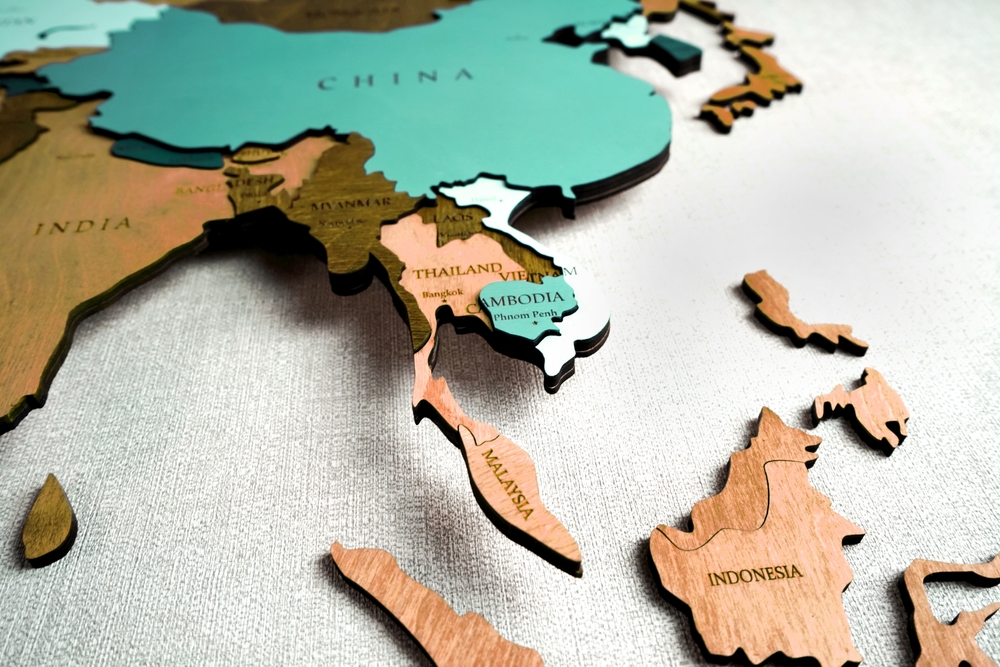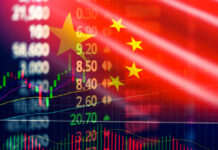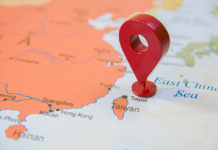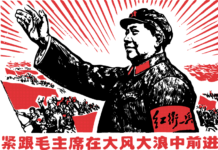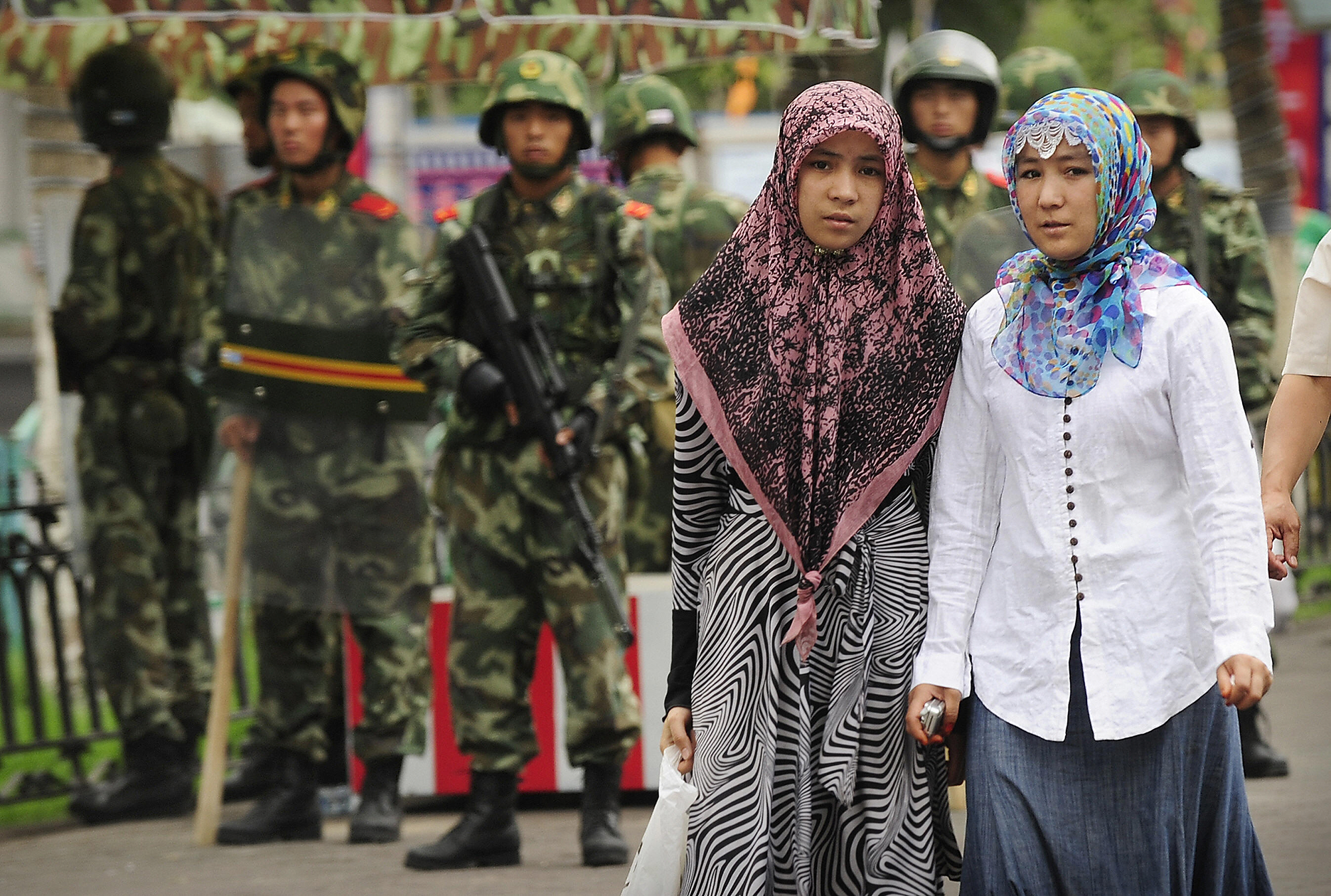In the west, current events stories featuring China tend to focus on geopolitical risk in Taiwan, its Covid Zero strategy, or even the historic drought the country is enduring. But the global economy’s production engine is also experiencing a major economic crisis that we should all be paying particular attention to.
In July, a group of rural banks in the central part of the country experienced widespread bank runs. The government placed a freeze on depositors withdrawing their money from the banks beginning in April, which triggered sporadic protests starting in May. As Chinese citizens felt increasingly insecure about the state of their savings, they began to descend upon the banks in July to pull their money. The panic resulted in a run on the bank, similar to what the US experienced during the Great Depression. The Chinese government responded by putting a cap on the size of withdrawals, further exasperating the public’s outrage and collapsing trust in the banking system. The bank runs in China have affected 400,000 depositors to date.
The source of China’s economic woes is not singular. Chinese economy experts estimate that the property crisis has wiped out more than a trillion dollars off the sector’s value from last year. The BBC reported that home sales in China have fallen for 11 consecutive months, the most prolonged slump since China created a private property market in the 1990s. Many of the country’s property developers are failing to repay their debts. As the property sector tanks, the banking system appears to be following suit, with more than 25% of its assets based in property.
The government has declared a clampdown on corruption in the property industry since the Evergrande Group and Kasa Group defaulted on nearly a half billion dollars in bonds last December. The focus on corruption is somewhat disingenuous. For years China’s property development industry has run just a shade separate from a Ponzi scheme. As the economy has contracted and property sales collapsed, the building halted, and mortgagees are refusing to continue their payments until builders resume the already sold but unfinished work. A recent video posted to Reddit showed China demolishing unfinished high rises and offered flashbacks to similar videos and steps taken less than a year ago.
The spread of mortgage boycotts in China is unprecedented and alarming to the government. In an effort to stimulate the economy, while the central banks in most nations of the world are raising interest rates to fight inflation, China is going the other direction. The Chinese government has reduced its interest rates to historic lows in hopes of luring investors and promoting the building boom to resume.
This leads to the thing the Chinese government fears the most – social instability. Images of bank runs and protests flashed across social media, only leads to the spread of the crisis.
Youth unemployment in China (age 18-24) sits at a whopping 19.9%. While the frequent pandemic lockdowns of the last two years in China have disrupted the global economy and supply chains, it has at least held off inflation locally. Many suspect that will end as the Chinese populations move out of lockdown, and a spending boom could lead to surging inflation across the populous Asian nation, which will then ripple across the globe.
China is the world’s second-largest economy, meaning when economic crisis strikes there, the world at large will feel it. If China is the world’s production engine, the US is the consumption engine. The supply shortages and supply chain crisis of the last 18 months serve as the opening of the US’s impact from China’s economic crisis.
China has also invested heavily in the developing world, particularly across the continent of Africa. As economic experts predict a violent economic contraction in China, we can anticipate economic seizures to be felt in countries across Africa, as well as the shape and nature of the Chinese crisis descends on the country’s investments there.

